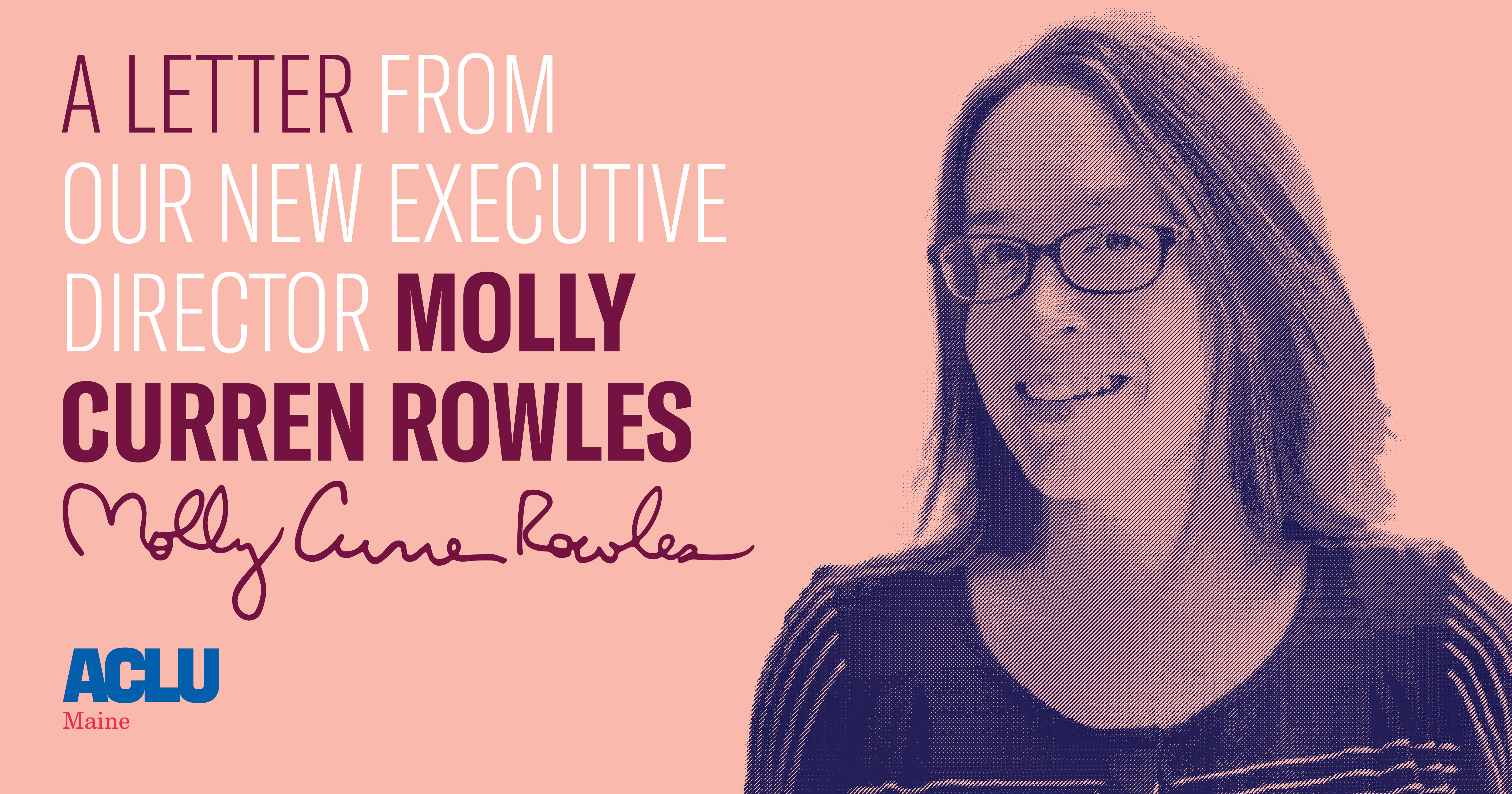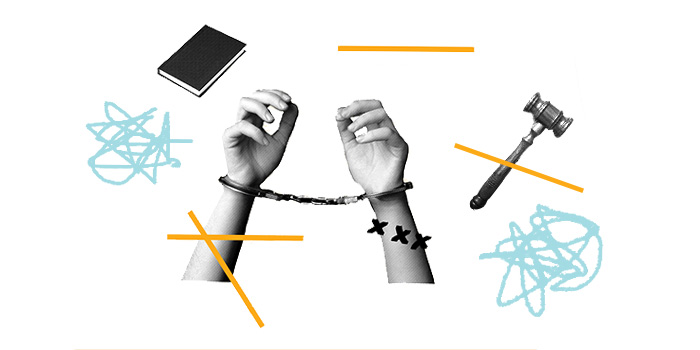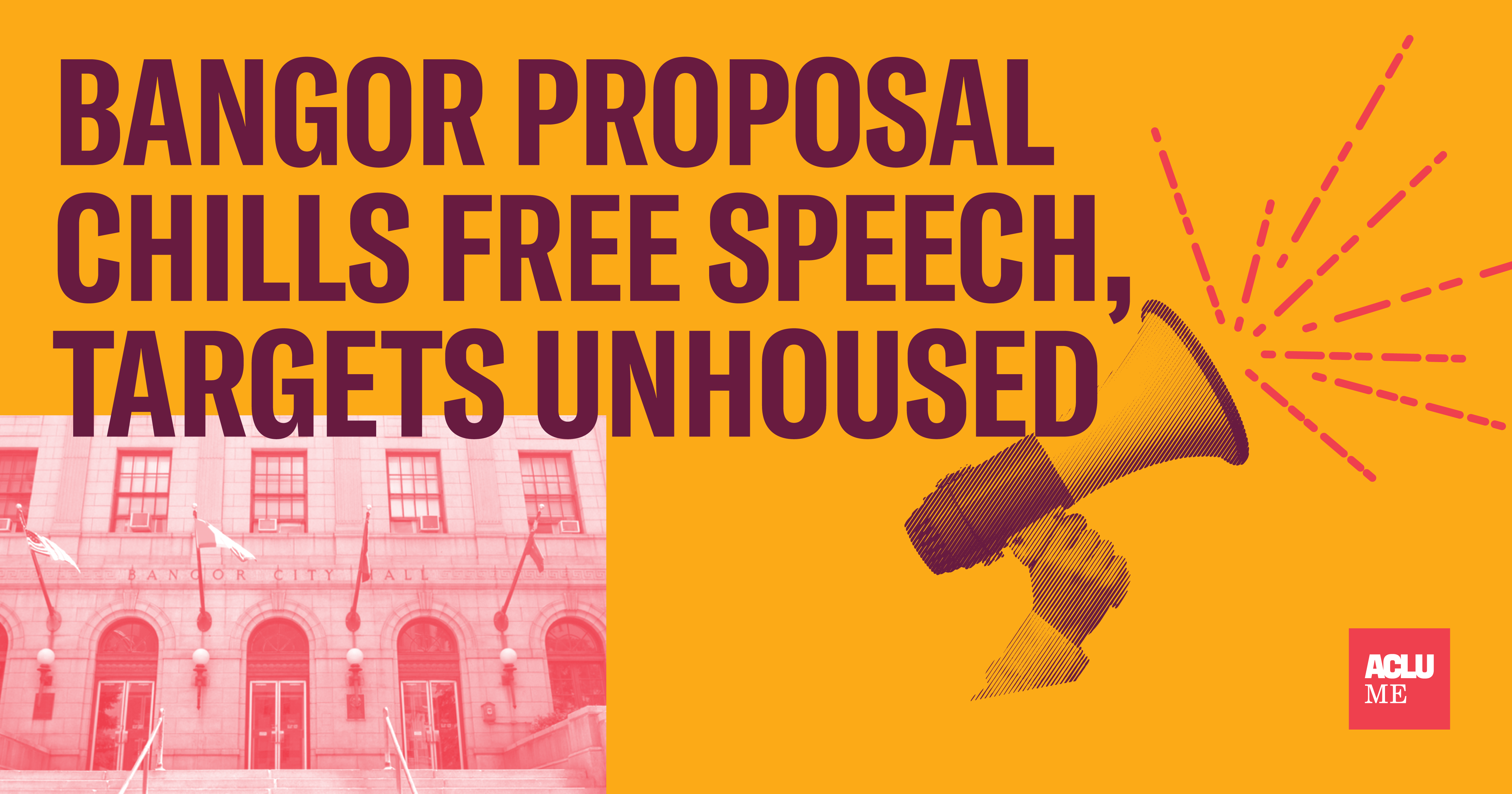Dear ACLU of Maine Friends,
This summer marks the 70th anniversary of Brown v. Board of Education, the landmark Supreme Court ruling that struck down racial segregation in public schooling. It is also the fourth anniversary of nationwide racial justice protests following the murders of George Floyd, Breonna Taylor, and countless others, as well as the second anniversary of the fall of Roe v. Wade.
These anniversaries remind us that while extreme policies and toxic politics in recent years may have shocked some of us awake and broadened the movement for justice, the fight to create a more perfect union is constant. Whether we are in a time of crisis or a time of comfort, we cannot sit back and let our guard down.
As the new executive director of the ACLU of Maine, I am both chastened and energized by the promise and abject failures of American history, and by the roiling, divisive, and complex time in which we find ourselves. Like many of you, I have been shocked to witness the growth of dangerous rhetoric and policies that have weakened our democracy and attacked our most basic freedoms at every level of society.
In the face of chaos and fear, many have strengthened their resolve to extend our Constitution’s promises to all people. New coalitions have formed, people have gotten off the sidelines, and much deeper work has been initiated to learn and teach our hard history to address the ongoing and pervasive impacts of bias, racism, and inequality. In the face of a rapidly changing legal and political climate, I am proud to join an organization that has remained a steady voice for civil rights and liberties for over a century – no matter which party is in power or which causes may be most popular.
I am committed to this work because it is so critically necessary. Freedom requires continued and ongoing vigilance, advocacy, learning, and education. Our system, imperfect and inelegant as it is, provides a structure that can and must be a bulwark against totalitarianism, populism, dehumanization, and violence.
Today, the ACLU of Maine is hard at work ensuring freedom of access to public information, fighting against mass surveillance and invasions of privacy, holding the state accountable for denying people their constitutional right to counsel, combating book bans, defending abortion access, protecting LGBTQ equality, expanding disability rights, and more. In this time of propulsive change, we are uniquely positioned to provide advocacy, context, and 100 years of hard-won experience to the fight for freedom and justice.
As an attorney, community leader, parent, and citizen, I know the power of collective action and engagement. In the months to come, I look forward to learning from you what issues most concern and inspire you, and to help explore how the ACLU of Maine can best contribute to the work of building a better world here in the Pine Tree State.
Thank you for believing in our mission and sticking with us. Together we can defend the rights of all people in Maine.
Sincerely,
PS – We wrapped up the 2024 legislative session just last month. See where our priorities landed and read the report here.
Date
Wednesday, June 12, 2024 - 12:00pmFeatured image



